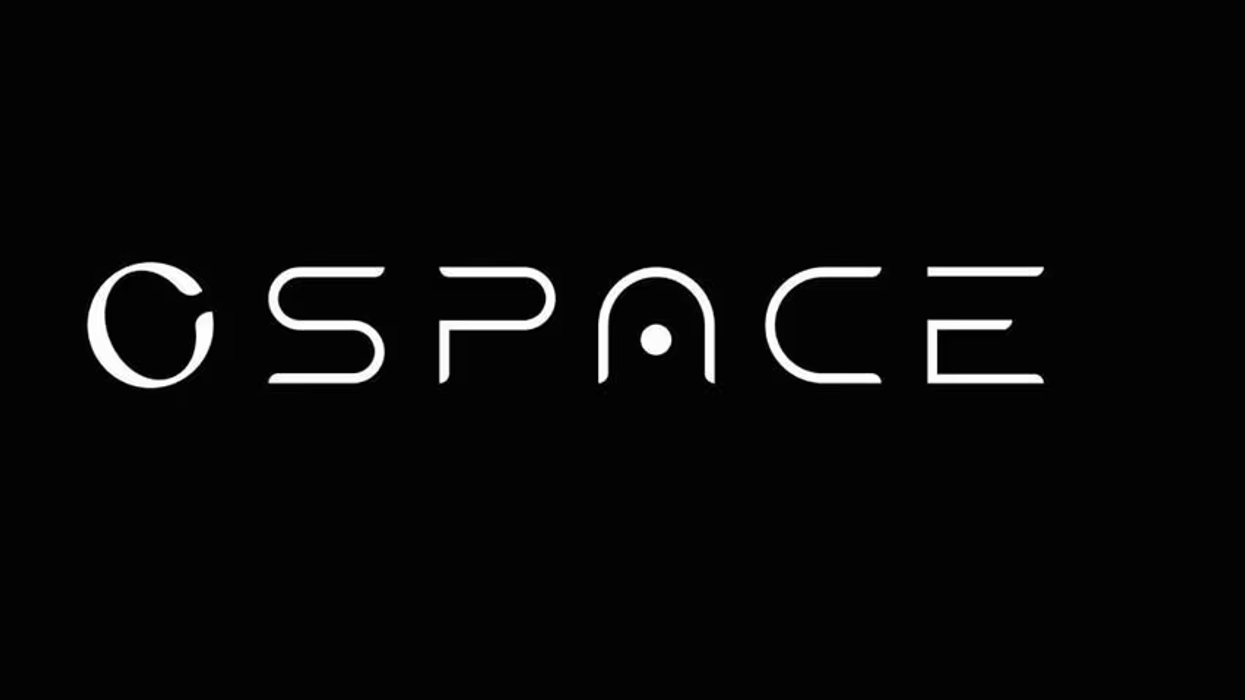Kerala is poised to make waves in the digital entertainment realm with the launch of CSpace, India's inaugural government-backed streaming platform.
Set to debut this Thursday, the platform aims to deliver a unique blend of informative and entertaining content tailored for the masses, an official statement said on Tuesday.
The state’s Chief Minister Pinarayi Vijayan will launch the streaming platform at Kairali Theatre on March 7 at 9.30 am. Cultural Affairs Minister Saji Cherian will preside.
"CSpace is essentially a response to the growing imbalances and multifarious challenges in the OTT sector in terms of content selection and propagation," said Shaji N Karun, noted film director and Chairman, Kerala State Film Development Corporation (KSFDC), at a press conference here.
CSpace is managed by KSFDC, a state-owned company entrusted with the promotion of Malayalam cinema and industry, on behalf of the Department of Cultural Affairs, Government of Kerala.
For selecting and approving the content, KSFDC has constituted a curator panel of 60 members including eminent cultural personalities from the state, such as Benyamin, OV Usha, Santhosh Sivan, Shyamaprasad, Sunny Joseph, and Jeo Baby.
Every content that is submitted to the platform will be evaluated by three curators from the panel for its artistic, cultural, and infotainment merit.
Only the content recommended by the curators will be showcased on the platform.
Karun said the curators have so far selected 42 films for the first phase of CSpace, including 35 feature films, six documentaries, and one short film.
Films that have won national or state awards or have been exhibited in major film festivals will also be shown.
Another distinctive feature of CSpace is transparency in its operations, the overall earnings, and the revenue share.
The platform, which operates on a pay-per-view basis, allows viewers to watch a feature film for Rs 75 and shorter content for a much lower price. Exactly half of the amount charged goes to the content provider.
Viewers can download the CSpace app from the PlayStore and App Store from March 7 onwards, a KSFDC statement said.
K V Abdul Malik, MD, KSFDC, said the launch of the platform will address a major concern of the exhibitors and distributors of the film industry regarding their dwindling profits due to producers releasing their feature films directly on OTT Platforms.
"To accommodate their concerns, CSpace has decided to showcase only those feature films that have been released in cinema halls. Besides, short films, documentaries, and experimental films recommended by curators will also be made available on the platform," he added.
A plan to set aside a certain amount for the welfare of film professionals is also under consideration.
CSpace will have content related to Kerala culture and arts, besides catering to film students and those who seriously approach films.
Through the platform, there are plans to encourage film clubs across the state including colleges.
Award-winning films Nishiddho and B32 to 44 will be premiered on CSpace.
It also intends to launch a new pattern in crowdfunding by offering filmmakers an opportunity to recoup the production cost through the support of viewers watching their films, the statement added.




